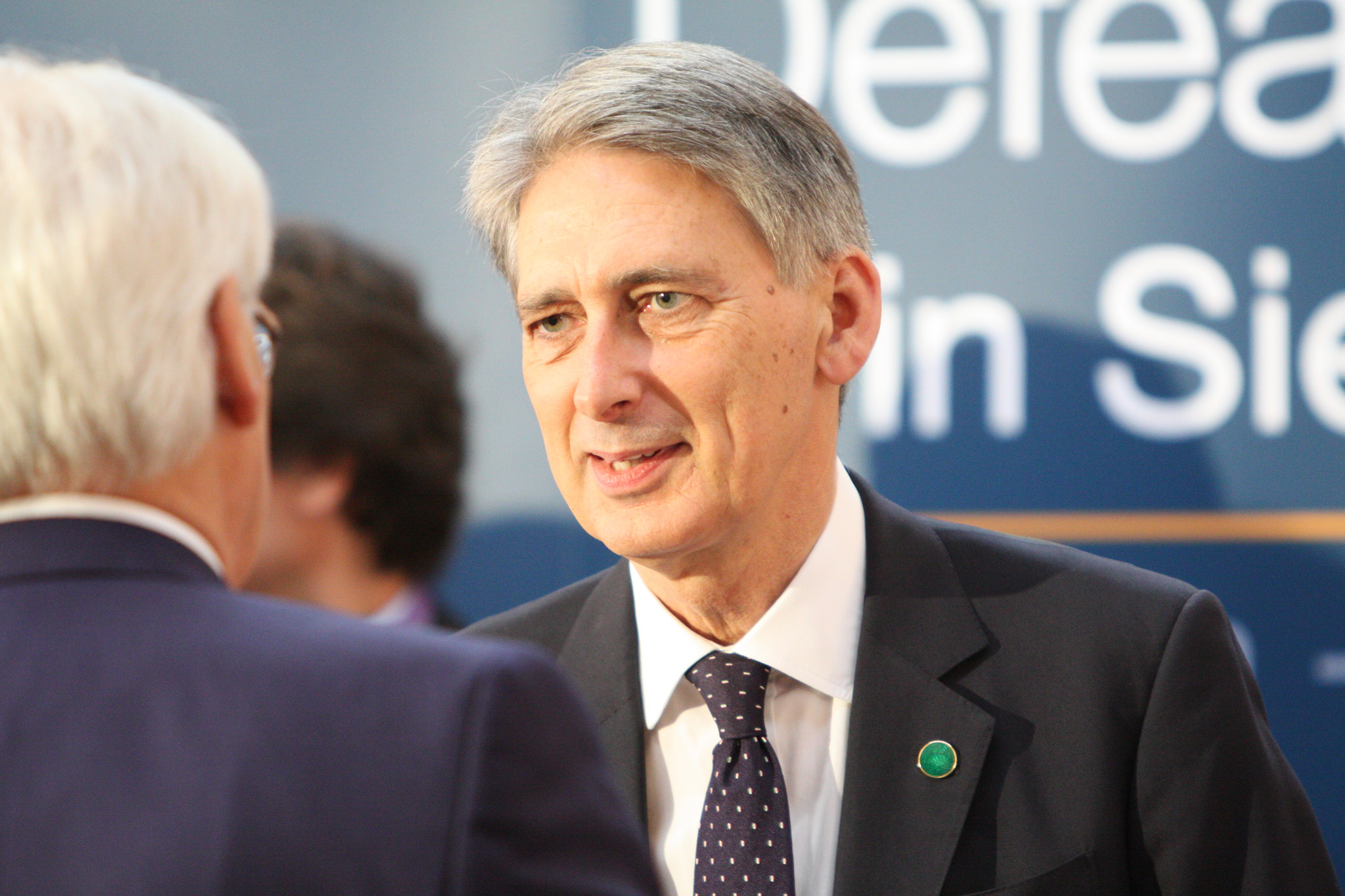In his final budget before Brexit, Chancellor Philip Hammond has declared that austerity is coming to an end and reiterated Theresa May’s £8.4 billion spending pledge to the NHS.
In his budget address to a packed House of Commons, Hammond covered a host of human rights issues, adding that “the era of austerity is coming to an end” and promising “more support to our public services on a stable basis.”
Commitments included increasing public spending for social care, schools, and mental health services, including the introduction of a crisis service.
Hammond’s ‘Star Bunnies’ Already Announced

(Image Credit: Davies Designs / Unsplash)
In his budget speech, delivered on a Monday for the first time since 1962, the Chancellor declared his “star bunnies” to have been revealed already, with Theresa May’s announcement in June that funding to the NHS would be increased by £8.4 billion or £20 billion in real terms.
The NHS is a fundamental part of protecting our right to health, something which is part of our international obligations under the International Covenant on Economic, Social, Cultural Rights (ICESCR). However, successive Governments have come under fire for damaging the NHS as a result of austerity, so politicians and campaigners on both sides will be looking carefully at the funding plans and how they help to uphold our rights.
https://twitter.com/rights_info/status/917704812074078208
The Chancellor was also keen to stress a focus on mental health services, which are just as much a part of our right to health as physical health, and also tie into our right not to be discriminated against. He pledged an extra £2 billion a year for mental health services by 2023, as well as a new mental health crisis centre to support A&E units and £10 million for mental health care for veterans.
Social Rights At The Forefront Of The Agenda

Image Credit: Jonathan Rados / Unsplash
Other social, cultural, and economic rights hinted at included the right to a good home and a safe place to live, with a pledge to enable a further 650,000 homes to be built, as well as a new partnership with housing associations in England to deliver a further 13,000 homes.
There was also a £1.7 billion boost for universal credit – a new welfare system which has been a point of major concern for human rights campaigners over its effects on social security, women and children. In real terms, this works out at about £630 per person annually.
Amongst all the distracting slogans & talk of poaching rabbits, think I've just heard the Chancellor announce a bigger lump sum for fixing potholes than for schools. #Budget2018
— Emily Thornberry (@EmilyThornberry) October 29, 2018
The Living Wage (formerly known as the National Minimum Wage and different to the recommended rates set by the Living Wage Foundation) will be raised by 4.9 per cent, which means the top rate will now be £8.21 instead of £7.83. It comes after reports parents on the so-called living wage were still £70 a week short on their basic living costs.
Schools will also receive a £400 million “bonus” to “buy the little extras they need”, tying in closely with our right to education, after all, we’re all entitled to a good standard of education whatever our background. However, the announcement drew criticism from Labour opposition as it was quickly dwarfed by £420 million to fix potholes, with Emily Thornberry MP highlighting the comparison, as well as slamming him for “distracting slogans”. Several recent reports have seen school teachers buying classroom supplies and sanitary towels for pupils, as they claim they are unable to afford them in the school’s budget.
Other announcements included £560 million for English councils in 2019-20 to address the effect of local authority cuts, £84 million over five years to expand programmes for children in care, and £160 million for the Government’s counter-terrorism programme.
However, as for the headline promise about “austerity coming to an end”, the results remain to be seen, with some commentators pointing out a lack of spending, and claiming those most affected remain the worst hit.







